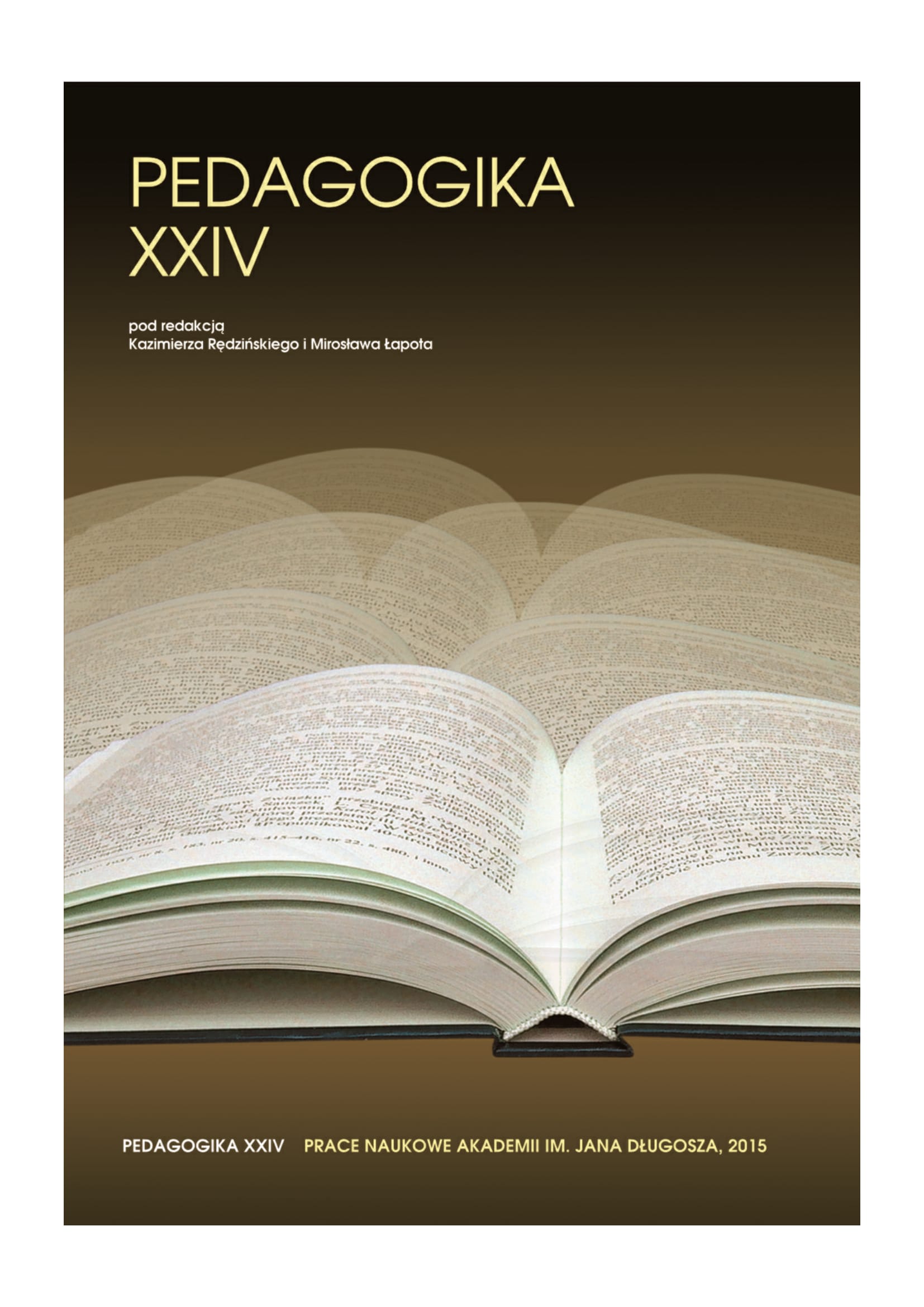Wykorzystanie programów nauczania szkół powszechnych po reformie z 1932 roku w kształceniu i wychowaniu spółdzielczym
The Use of Elementary School Curricula in Cooperative Education and Upbringing after the 1932 Reform
Author(s): Elżbieta MagieraSubject(s): History, Social Sciences, Education, Cultural history, Local History / Microhistory, Recent History (1900 till today), Sociology of Education
Published by: Uniwersytet Jana Długosza w Częstochowie
Keywords: elementary school after the reform of Janusz Jędrzejewicz; the curriculum of elementary school in the interwar period; cooperative education during the interwar period
Summary/Abstract: The article shows the problems of cooperative movement in the curricula of Polish elementaryschools after the reform of 1932. Issues related to cooperatives were captured among the slogansof the program, but did not constitute a consistent system of knowledge. The teacher of each subject was able to address the issues of cooperative movement, using the curriculum in a adequateway. The elementary schools’ curricula reformed in 1932 were indented to popularize the cooperative issues among students, so that they would equip students with the necessary knowledge and skills as well as shape attitudes required to work in a students’ cooperative. Implementing the programto the contents of the individual subjects also led to the understanding of the need for adults’ cooperatives. Such treatment favored the connection of the curricula with the economic life of interwar Poland and stimulation of the process of learning with the examples of cooperatives workingin the closest environment.
Journal: Pedagogika. Studia i Rozprawy
- Issue Year: 2015
- Issue No: 24
- Page Range: 539-554
- Page Count: 16
- Language: Polish

